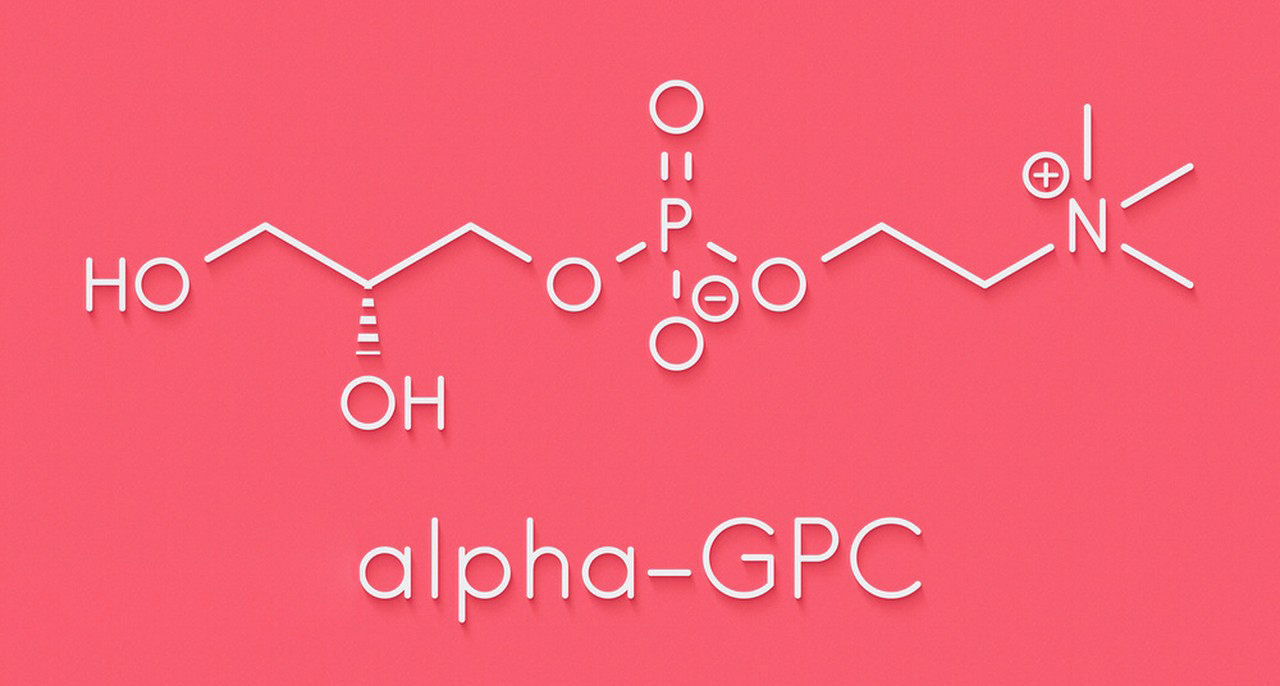Alpha-GPC (L-alpha glycerylphosphorylcholine) is a naturally occurring choline compound found in the brain. It’s also available as a dietary supplement and has several clinical applications, particularly in the areas of cognitive health, neuroprotection, and athletic performance. Here’s an overview of its clinical applications:
1. Cognitive Enhancement and Alzheimer’s Disease
Alpha-GPC is often used in the treatment of cognitive disorders, including Alzheimer’s disease and other forms of dementia. Its benefits include:
- Choline source: Alpha-GPC increases acetylcholine levels, a neurotransmitter essential for memory and learning. Acetylcholine is often depleted in patients with Alzheimer’s disease.
- Memory enhancement: Several studies suggest that Alpha-GPC may improve memory and cognitive function in both healthy individuals and those with cognitive impairments. It has been used in Europe as a prescription drug for cognitive disorders.
- Delay in cognitive decline: Some research shows that Alpha-GPC might slow the progression of Alzheimer’s disease and age-related cognitive decline.
2. Stroke and Ischemic Attacks
Alpha-GPC may have neuroprotective properties, making it useful in acute ischemic strokes and transient ischemic attacks (TIAs). It is thought to:
- Support recovery: Some studies suggest that Alpha-GPC can enhance recovery after a stroke by improving motor and cognitive function.
- Reduce cognitive deficits post-stroke: It may help reduce the cognitive impairments that often follow strokes.

3. Neurodegenerative Diseases
Alpha-GPC is considered beneficial in managing other neurodegenerative diseases such as:
- Parkinson’s disease: By enhancing cholinergic transmission, Alpha-GPC may help in the symptomatic management of Parkinson’s disease, especially when cognitive decline is involved.
- Huntington’s disease and other neurodegenerative disorders: Though less studied, the potential for Alpha-GPC to support overall neuronal health makes it an area of interest for research in these diseases.
4. Athletic Performance and Recovery
Alpha-GPC has also been explored in sports medicine and physical performance due to its role in:
- Enhancing power output: Some studies suggest that Alpha-GPC may improve physical performance by increasing power output in athletes during resistance training.
- Growth hormone stimulation: Alpha-GPC has been linked to a transient increase in human growth hormone secretion, which could aid in muscle recovery and repair.
- Improved mental focus and stamina: By enhancing cognitive function, Alpha-GPC may also help athletes maintain mental clarity during prolonged exercise or stressful training conditions.
5. Mood and Mental Health
Alpha-GPC may also have applications in mood regulation:
- Mood enhancement: Some studies suggest Alpha-GPC might improve mood, likely through its effects on neurotransmitter levels (specifically acetylcholine and dopamine).
- Adjunct in depression treatment: While not a primary treatment, Alpha-GPC is sometimes used as a supplement in patients with mood disorders to help alleviate symptoms, especially cognitive deficits associated with depression.
6. Support for Learning and Focus
- Attention disorders: Alpha-GPC may support attention and focus in both adults and children with conditions like ADHD, although more studies are needed in this area.
- Learning enhancement: It may improve learning capacity by supporting cholinergic transmission, which is critical for information processing and memory retention.

7. Other Potential Applications
- Liver support: Choline is important for fat metabolism, and Alpha-GPC might support liver health by improving fat transport and reducing fatty liver.
- Peripheral nerve injuries: Preliminary studies suggest that Alpha-GPC could support the repair of peripheral nerve injuries, though this is still being researched.
Dosage and Side Effects
- Typical dosage: Alpha-GPC is often taken in doses of 300-1,200 mg per day, depending on the condition being treated.
- Side effects: Alpha-GPC is generally well-tolerated but may cause headaches, dizziness, gastrointestinal upset, or low blood pressure in some individuals.
Overall, Alpha-GPC’s main clinical applications revolve around its cognitive-enhancing properties, neuroprotection, and its potential to support physical performance. Its role as a cholinergic agent makes it valuable in treating cognitive decline, particularly in Alzheimer’s disease, and for enhancing brain function more generally.
